An Interview with Willy Russell
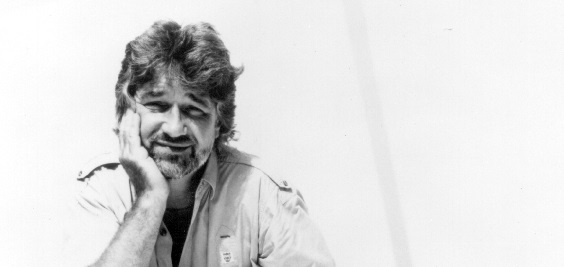
The ‘Blood Brothers’ Interview
In this revealing interview with Elaine Peake, the creative mind behind ‘Blood Brothers’, Willy Russell, takes us through the journey of how the iconic musical came to be. From its roots in the Everyman Theatre in Liverpool to its global recognition, Russell shares the influences, challenges, and the fascinating story of its conception…
How did you come up with the idea of writing a full-scale musical?
The kind of theatre I was involved in right from the word go didn’t make a distinction between musical and non-musical. When I started work at the Everyman Theatre in Liverpool, it was commonplace to have music as part of your show. Blood Brothers was written very much in the Everyman ‘house style’ of the day, and that was the period when the resident company included people like Bernard Hill, Jonathan Pryce, Alison Steadman, Julie Walters, Pete Postlethwaite, Bill Nighy, Antony Sher – you were working with that kind of actor.
All of them could sing and some of them played a musical instrument, so it was the way we did it. We’d all been influenced by Bertolt Brecht, but Brecht sort of shot through Joan Littlewood, not sombre black drapes Berliner Ensemble. We had a theatre which really did relate to the people in whose city it was housed, and music was just one way of doing that. To some people John, Paul, George, Ringo… and Bert was a musical – it certainly won Best Musical Awards.
To me it was no different from other shows that I’d done there. The Reds was the first thing I did, which was an adaptation of an Alan Plater play and had about fifteen songs in it. So it was no great leap to writing Blood Brothers. I suppose the big difference was with the previous shows they had been plays with songs, whereas with Blood Brothers I wanted it to be composed, not sung-through as such, but I wanted to think about the way the music related to the story, rather than putting individual songs everywhere.
“Urban violence”
How did you get the idea of the story?
I was walking along one day; I lifted my right foot and by the time I put my foot down I had the story. Sometimes that happens, but very very very rarely. Thinking back, when I was at my first secondary school when I was eleven, I do remember somehow being involved in some class that was looking at a play. And I have this dim memory of the idea of a baby being taken in one direction and its nurture being decided by which baby was taken from a pram. Now I don’t know if I’ve imagined that, I haven’t looked for this story that might have influenced me – it was just the kernel of an idea sown all those years ago.
Human beings generally seem to have quite a fascination with twins.
That was actually something I didn’t particularly share. What I was interested in was what happens to them when they go their separate ways. If she picked the other one out of the pram, would it have been any different? I didn’t want a dry academic ‘nature versus nurture’ debate to go on, but that is what’s at the centre of it.
The other big influence was seeing Jimi Hendrix for the first time ever on television performing ‘Hey Joe’. Just think about the lyrics: ‘Hey Joe where you goin’ with that gun in your hand? I’m goin’ down to shoot my old lady, I caught her messin’ round with another man…’ It’s not only the lyrics, it’s the fantastic kind of urban violence that’s in that song. It’s terrifying and exhilarating at the same time.
“Do it yourself!”
When did you take the leap to compose the whole of Blood Brothers yourself?
I was frightened of doing it for years. I had the entire story – I would often be on the point of going to sleep and I would think of another idea, so the story was building over many years. At first I just thought that I wouldn’t be taken seriously if I was the composer, so I talked to other people about doing it, but nothing came of any of those discussions. Then one day I just thought, ‘This is crazy, do it yourself.’ Then I had to do a play for Paul Harmison for Merseyside Young People’s Company and I decided to do just that.
When Blood Brothers first went on tour around schools, what kind of feedback did you get from those audiences?
Fantastic! Absolutely fantastic. But they are the most difficult audience on this earth. Kids don’t sit there politely having paid £40 for posh seats, putting up with rubbish. They’ll just tell you straight. If they’re in a school where they’re not allowed to walk out if the discipline’s fairly tight, they’ll still make it known what they think of being made to sit there. I know because I was one of those kids myself once. How horrendous it is to be patronised or condescended to or made to suffer some crap.
“I didn’t realise how long it would take”
I knew it was my job to hook the most disinterested, antipathetic little buggers sitting at the back. The ones like me all those years ago! Most schools are great, but sometimes you’d go to one where the staff don’t give a toss. The show was coming up to 70 minutes so they just had that time off. They’d just point you in the direction of the hall and you’d find two hundred truculent, resentful kids. Five actors would have to walk into the middle of that space. Then without any lights or scenery and a minimum of props, just go bang! and grab them. And I have to say I never saw it fail to do that.
How did Blood Brothers then make the leap to become a full-blown musical?
I always intended it to be a full-scale musical.But I kind of ‘borrowed’ it to fulfil the brief for Paul Harmison and MYPT. So the day it opened at a place called Fazakerley Comprehensive, I went back to my office and began to write the full-scale musical version of it. I knew that if I allowed this smaller version to become too fixed in my brain, I’d never move on to the full musical version. I told Chris Bond at Liverpool Playhouse that it would be ready in three months’ time. But it was twelve months and more before I finished it. I just didn’t realise how long it was going to take me to get it how I wanted it.
“Massive changes”
And even after that you made more changes?
We opened at the Playhouse in Liverpool and I saw that there was a swathe of the second act that really needed to be redone. We were playing to packed houses for three months or so. Our normal practice was to open a show and then start working on it, start to cut down and restructure. That’s the wonderful thing about theatre, it’s an ongoing organic process. However, we couldn’t afford to pay an eleven-piece orchestra lots of extra time to make massive changes, so we had to wait until we got to London for the re-rehearsals and put in all the rewrites at that stage.
How did the show get into the West End?
Bob Swash, who had produced John, Paul, George, Ringo… and Bert, had come to see the schools version of Blood Brothers on tour in Liverpool. He absolutely loved it. He had been badgering me for years to write another musical. After he’d seen the show, he said: “When are you going to write a musical for me?” I said: “You’ve just seen it, Bob.” So he asked me who was going to write the music. After gulping I said: “Me.” He gulped too for a second and then he put his smile back on. I said I would compose the first act music before he had to commit to it. So I did that. When I went to his office in London and played it to him, he was ecstatic. So there was a London producer involved right from the word go.
“Loved by people who hate musicals”
How many countries has Blood Brothers been seen in now? Presumably it gets translated into the various languages?
Mostly, but certain things don’t. It’s hilarious in Kyoto hearing them speaking in Japanese and suddenly hearing ‘roast beef’! There are also pirate versions playing in countries that don’t sign up to the Berne Convention. Probably the most bizarre was the Siberian production directed by Glen Walford.
She got out there to find an oligarch who was completely besotted with the show, but saw it as a Christian parable. He had hired a 250-piece choir and she somehow had to incorporate this choir into the production! She said when it got to ‘Tell Me It’s Not True’, it was unbelievable. There was a great production in Barcelona. In fact, one of the amazing things about Blood Brothers is that it does do well in places where the culture doesn’t include musicals. It does seem to be the musical that’s loved by people who hate musicals.
“No better experience”
What do you think is the secret of the show’s enduring success?
People do see it more than once. One of the reasons is that it is a musical with a strong book. It has got a tale to tell. This might indict it as not being a real musical, but if all the electricity fails in the theatre and you can’t light the show or amplify it, you can still do the show with a piano. Even if the piano blows you can still do the show a capella, and it will work. It simply relies on that primal, ageless, universal thing of ‘I’m going to tell you a story.’ Your ears prick up and you stay with it, and there’s no better experience.
I believe you’ve considered doing a film version of Blood Brothers?
Well, I’ve written a screenplay. I did it with Alan Parker a couple of years ago. I absolutely loved doing it – we both did. I’m very proud of the screenplay. We didn’t take anybody’s money up front. We didn’t want a screenplay that was devised to suit the whims of a producer. The idea was that we wrote the screenplay of the film of Blood Brothers that we wanted to be made. It’s not a small, low budget English picture; it’s a big budget musical. So that’s not going to happen overnight. In many ways, though, for me the best part of the job of filming it has now been done – and that’s the screenplay. It’s not the same for Alan Parker, because he’s a film-maker and he wants to make the picture. But all I can say is, watch this space.
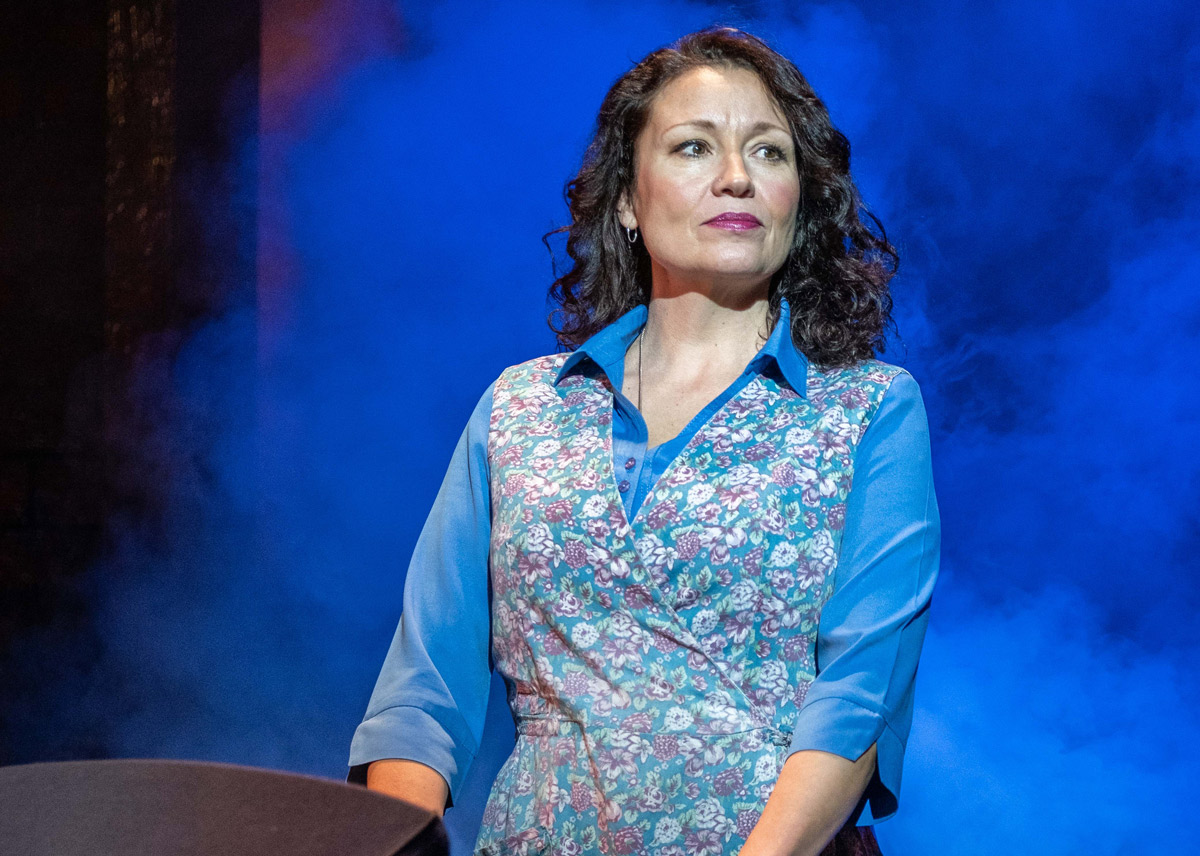
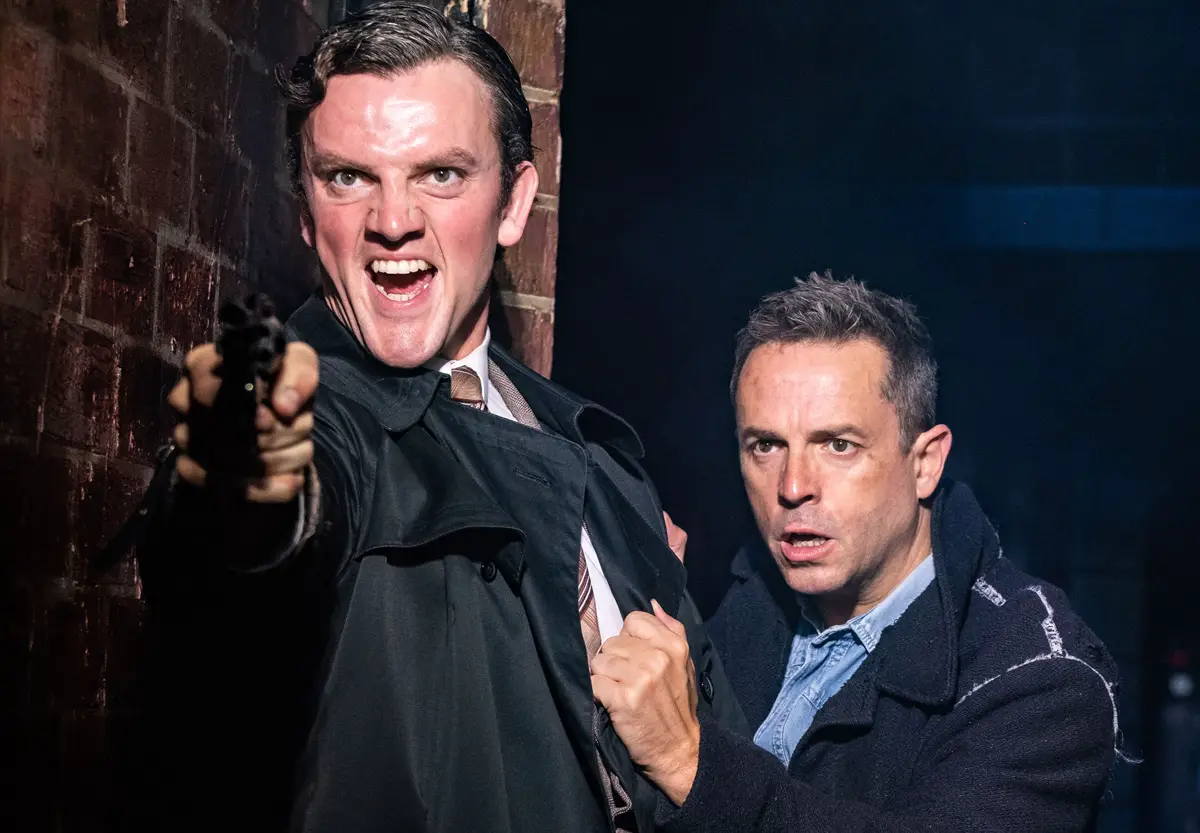
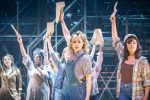
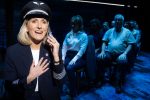

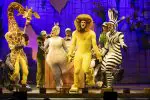






Hell yeah gcse English
lots of good infomation